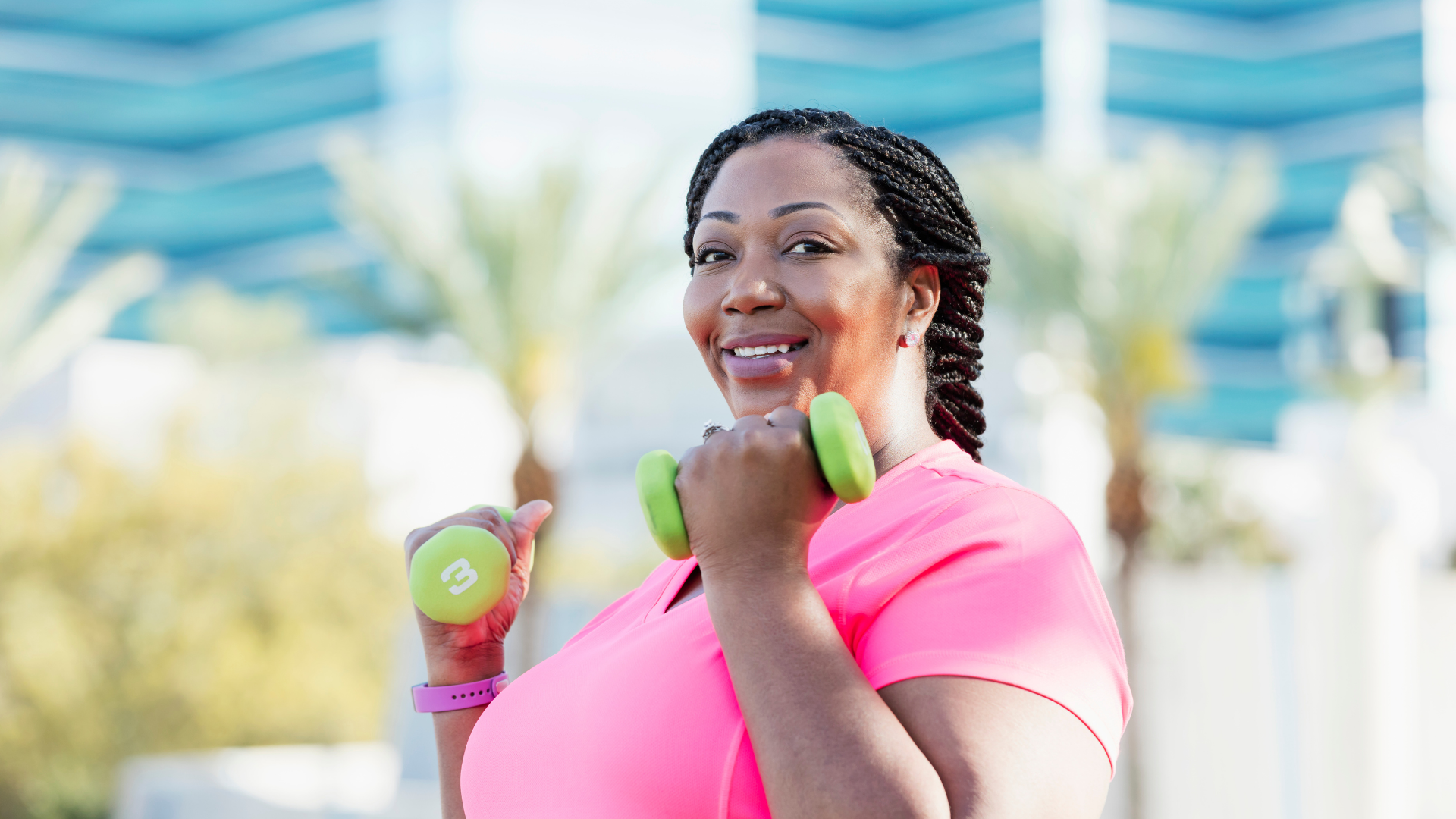Nickole Hannah-Jones channeling Audre Lorde’s “I am deliberate and afraid of nothing.” (Photo credit: Instagram post of Nikole Hannah-Jones)
You may have heard about the controversy around Nikole Hannah-Jones’ recent decision to join Howard University’s faculty instead of the University of North Carolina at Chapel Hill. This Pulitzer-Prize-winning journalist and creator of the New York Times groundbreaking 1619 Project, was highly qualified to receive tenure at her alma mater, UNC, where she had been invited to teach. But the university’s board of trustees denied her tenure, and it took a whirlwind of social media backlash and news stories to push the board to take another vote and reverse its decision.
Hannah-Jones’s decision is a powerful lesson in why it’s important to go where you are celebrated, not tolerated.
Hannah-Jones wrote about how hurtful and embarrassing the experience was for her, but says that discomfort also motivated her to do what was best for her. If she had accepted the position at UNC after knowing they initially rejected her, she would have been in an uncomfortable situation that she was forcing to work. Declining UNC’s tainted offer took a lot of courage; but her prestigious tenured position as the first Knight Chair in Race and Journalism at Howard University -- where leaders at the school went out of their way to rally to secure the resources to bring her on board -- will most likely be better for Hannah-Jones not only professionally, but spiritually and emotionally. She will also establish the Center for Journalism and Democracy, which the university says will train aspiring journalists in "the investigative skills and historical and analytical expertise needed to cover the crisis our democracy is facing."
How many of us have been in a situation like Hannah-Jones, where we were given lemons and expected to make lemonade while pretending to be happy about it? Whether it’s slighted at work or in an unfulfilling relationship that we needed to leave? What we can take from watching her experience unfold is how to determine whether we are thriving in a situation or just making it work.
When you’re thriving in a situation, you’re happy, connected, and engaged. When you’re just making it work, you're likely not fulfilled, which can lead to sadness, apathy, and isolation. Sometimes making the decision to walk away is difficult because we start to make calculations about what we could live with and why. We might say we’re too old to make a change, we might be afraid to let go or we’ll try to convince ourselves that things aren’t so bad. But when you try to stay in a situation that isn’t ideal, you will sacrifice your wellbeing.
Jones gives props to Howard University, also referred to as “The Mecca.” (Photo credit: Instagram post of Nikole Hannah-Jones)
What’s your cost of making it work?
It’s important to evaluate your situation and figure out what’s good for you. Here are some questions to consider:
Am I being fulfilled by the work that I’m doing or the relationship that I’m in?
Am I lowering my expectations to keep this person in my life, or by staying at this job?
Am I using my age, financial situation, or another excuse as a reason why I can’t move beyond this?
If it wasn’t about money, age, or experience, or if all my excuses were wiped off the table, would I still do this?
Is this good for me?
Take some time and write your answers to these questions. When you’re finished, read your answers and consider how you feel and what comes up for you in reading what you wrote. Use what comes up to help you decide if you are in a place where you are valued, affirmed, and satisfied. Based on your answer, you can determine your next steps.
When you’re intentional about your joy, you know when it’s time to walk away because the cost of making it work means you’re sacrificing things you are truly passionate about and that feed your soul. And you deserve better than that.








